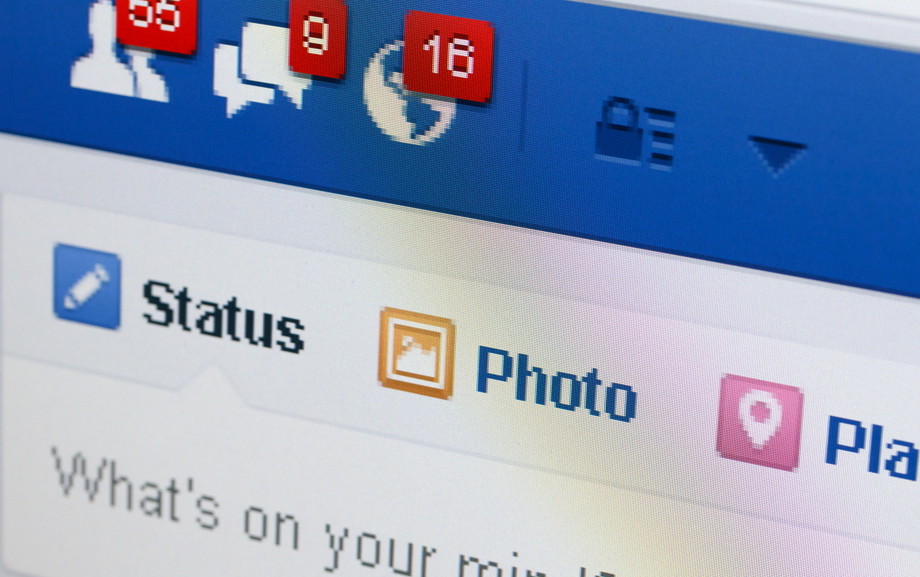Facebook is a $245 billion business built on two comforting notions.
One is that the people who see the family pictures, political rants and cat videos that you share on the social networking site are your friends.
The other is that your communications over the “community” of 1.5 billion people can be private.
Both of these ideas turn out to be wrong – at least some of the time – and the nation is replete with stories of “private” messages between “friends” that have gotten the sender divorced, fired or jailed.
Now the notion of social media privacy has become an issue in the aftermath of the San Bernardino mass killing in which one of the shooters was a Pakistani national who may have made statements about her commitment to jihad and the terrorist Islamic State, also known as ISIS.
According to FBI Director James Comey, the woman may have made these statements – which, he said, were private messages, not posts on a timeline – before she was granted a visa to come to the United States to marry the other San Bernardino shooter. But her social media profile had not been reviewed as part of the application process, a fact that was brought up repeatedly in Tuesday’s Republican presidential debate.
Questions of privacy on social media go beyond the war on terror and are being discussed in a variety of law enforcement contexts. On Wednesday the New York Supreme Court agreed to take a case in which Facebook challenged warrants for the profiles of 381 users as part of a disability fraud investigation.
Where do we as a society draw the line between sensible security measures and Orwellian intrusion into private lives? This is the question that has led to vigorous debate about searches, wiretaps and the collection of telephone and email meta-data. Strong arguments can be made on both sides of the privacy-versus-security divide, but when it comes to the privacy of Facebook posts, it should not be a tough call.
Information sent over Facebook and other social media platforms should not be considered private communications – not by the people who use the platforms, and not by law enforcement agencies looking to prevent crimes. Monitoring content and paying attention to who’s talking to whom in a public space is not an erosion of our civil liberties; it’s just common sense.
Facebook, which is one of the world’s most valuable companies, would like you to believe that you can enter its community and it will protect your privacy. But that is not a promise that even Facebook honors.
The company keeps track of your posts and notes when you pushed a thumbs-up button to say you “liked” something. That information is used to build a database of information that helps target advertising, and this is how Facebook makes its money.
If the company can keep track and share with advertisers how often you searched for camping equipment or “liked” a post by your “friend” about a vacation in Colorado, what expectation of privacy should any of us expect to have?
This form of communication is much different from constitutionally protected private interactions inside homes, through the mail or over phone lines, and it shouldn’t be given the same legal protections as those forms of communication.
Participating in social media is an exercise in public speech, and has all the benefits and consequences that come along with it.
Send questions/comments to the editors.


